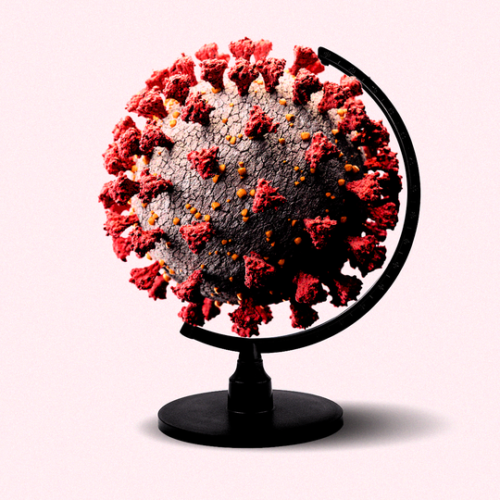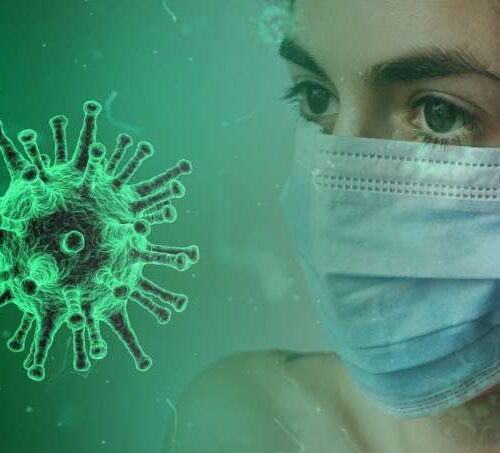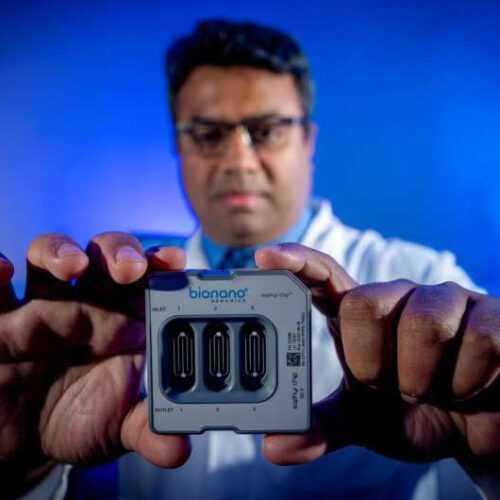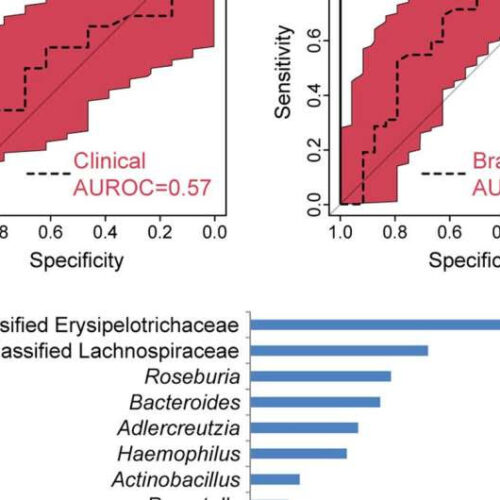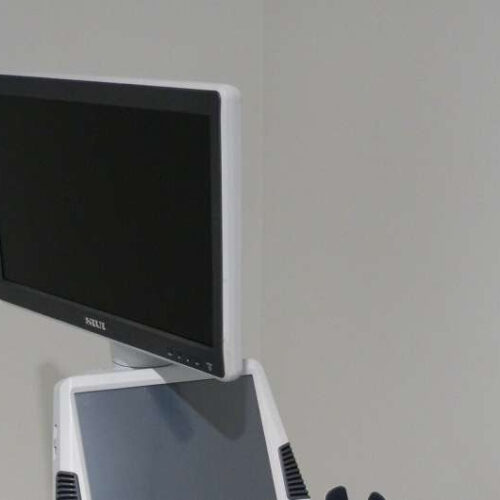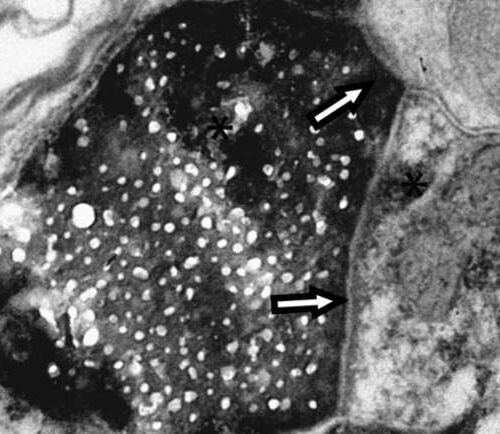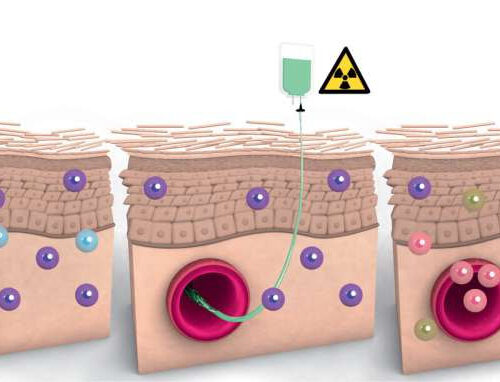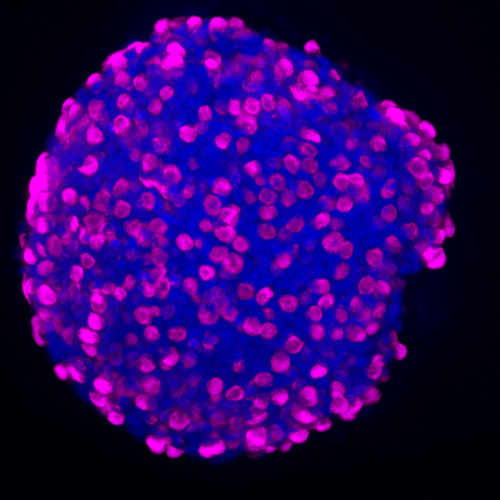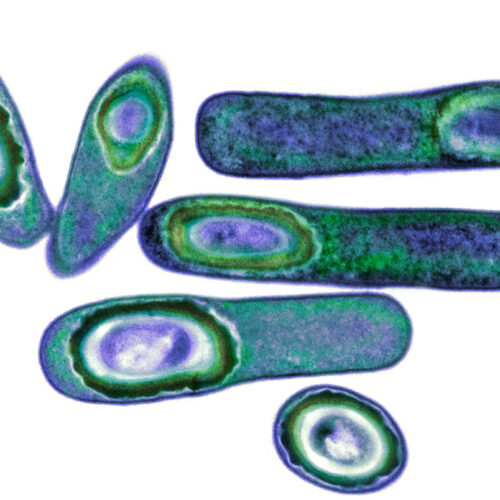By Katherine J. Wu Getty; The Atlantic JANUARY 21, 2022 Even before Omicron hit the United States in full force, most of our bodies had already wised up to SARS-CoV-2’s insidious spike—through infection, injection, or both. By the end of October 2021, some 86.2 percent of American immune systems may have glimpsed the virus’s most infamous protein, according...
How worried should you be about the new COVID subvariant?
by University of Rochester Medical Center Credit: Pixabay/CC0 Public Domain First, there was alpha, then delta, then omicron. And now there’s the so-called “son of omicron,” a subvariant that was flagged by the World Health Organization (WHO) on Monday as a new variant to track. Officially called omicron BA.2, it shares most of its mutations...
Small group of genetic variants found in extremely ill COVID patients may explain differences in how sick people get
by Medical College of Georgia at Augusta University Dr. Ravindra Kolhe. Credit: Michael Holahan, Augusta University The search to better understand the tremendous range of responses to infection with the COVID-19 virus—from symptom free to critically ill—has uncovered in some of the sickest patients a handful of rare structural gene variants involved in body processes,...
In IBS patients, cognitive behavioral therapy modulates brain-gut microbiome and helps relieve symptoms
by Dirk Hoffman, University at Buffalo Classifiers derived from baseline fecal microbiota profiles outperformed those based on clinical/demographic and neuroimaging data to predict CBT response. A Receiver operating characteristic curves of random forest classifiers for CBT response constructed from differentially abundant microbial genera, baseline clinical/demographic data (left panel), or brain data (right panel). The 95%...
Omicron amps up concerns about long COVID and its causes
by Laura Ungar and Lindsey Tanner Nancy Rose, center in mirror, speaks with her mother, Amy Russell, right, who both contracted COVID-19 in 2021, in their dining room surrounded by pictures of relatives and family, Tuesday, Jan. 25, 2022, in Port Jefferson, N.Y. More than a third of COVID-19 survivors by some estimates develop lingering...
What to know about peripheral arterial disease and amputation prevention
by Mark Fleming, University of Kentucky Credit: Pixabay/CC0 Public Domain Early recognition and treatment of peripheral arterial disease (PAD) can prevent leg amputations, but it can also reduce a patient’s risk of stroke, heart attack and death. PAD is the development of blockage in the arteries of the legs. These are very similar to blockages...
Researchers discover new type of cellular communication in the brain
by The Scripps Research Institute Scripps Research scientists tracked proteins tagged with biotin (black areas of this electron microscopy image) from retinal cells (pictured) to the visual cortex of the brain. Credit: The Scripps Research Institute Scientists at Scripps Research have discovered hundreds of proteins that are constantly transported throughout the healthy brain in small...
Contrary to previous belief, some blood cells stay in tissues for years
by Hans-Knöll-Institut Resident T cells (purple) survive radiation and chemotherapy in some patients. Donor cells (pink and green) are thus primarily found in the bloodstream. Credit: Daniela Leitner When pathogens enter the human body, a large number of immune cells are quickly on hand to recognize and destroy the invaders. Among them are T cells,...
New tech could reverse diseases, including IBS and diabetes, using intestinal cells
A newly developed technology platform has the potential to treat diseases like diabetes, IBS, and obesity by using enteroendocrine (EE) cells found in human intestinal cells, according to a recent study. Although enteroendocrine cells make up only about 1% of intestinal cells, they produce around fifteen different hormones that play a role in regulating digestion...
Pill derived from human feces treats recurrent gut infections
BY KELLY SERVICK A microbiome-altering therapy cleared recurrent infections with the potentially deadly bacterium Clostridium difficile. BIOMEDICAL IMAGING UNIT/SOUTHAMPTON GENERAL HOSPITAL/SCIENCE SOURCE For people fighting repeat infections of the diarrhea-causing bacterium Clostridium difficile, fecal microbiota transplant (FMT) offers a proven—if unappetizing—solution. Stool from a healthy donor, usually delivered via colonoscopy, can help restore a balanced community...

